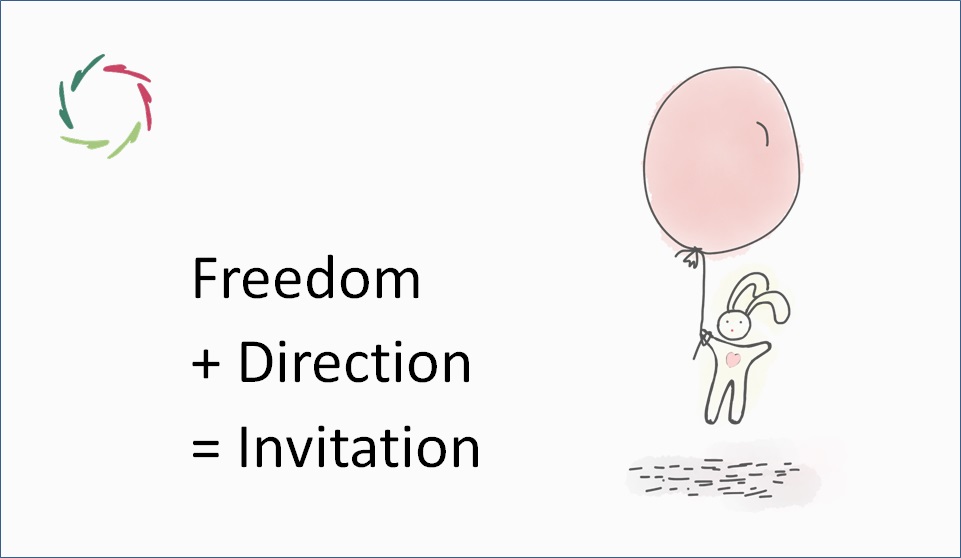Labyrinthine

Ancient Greek myths frequently have symbolic value ― being about what may happen in the deeper layers of the human psyche.
The Minotaur, half man, half godly bull
This beast – held captive in an elaborate maze or labyrinth by King Minos at Knossos – was fed with human sacrifices from Athens. The Athenian prince Theseus slayed the Minotaur and escaped from the maze through a trick by his royal lover (Ariadne’s thread), whom he later betrayed. Later on, she married the god Dionysos.
Those times weren’t the easiest either.
Symbolism
The Minotaur can easily stand for the deeper self that is hidden, despised, and aggressed and thus becomes ferociously dangerous. Theseus is an Apollonian (conceptual) character who stands opposite to the Dionysian (subconceptual) in his slaying and betraying.
The labyrinth can stand for the difficult path toward the inner mind. Those who get lost perish and are devoured. But Theseus’ cunning plan overcame it all.
So?
Killing the deeper self isn’t a great idea. Perhaps that was why Theseus eventually lost popularity in Athens and was thrown off a cliff ― but not before he caused his father’s death and killed his own son who had raped his wife who hung herself.
Perhaps he should have been more friendly to the Minotaur?
I guess so.
That doesn’t mean the Minotaur should have gotten his way feeding on living human sacrifices chosen from Athens’ most beautiful boys and virgin maidens.
This labyrinthine story has many quirks. Why this? Why that? Why not?
That, indeed, is the complex tale of human depth.


